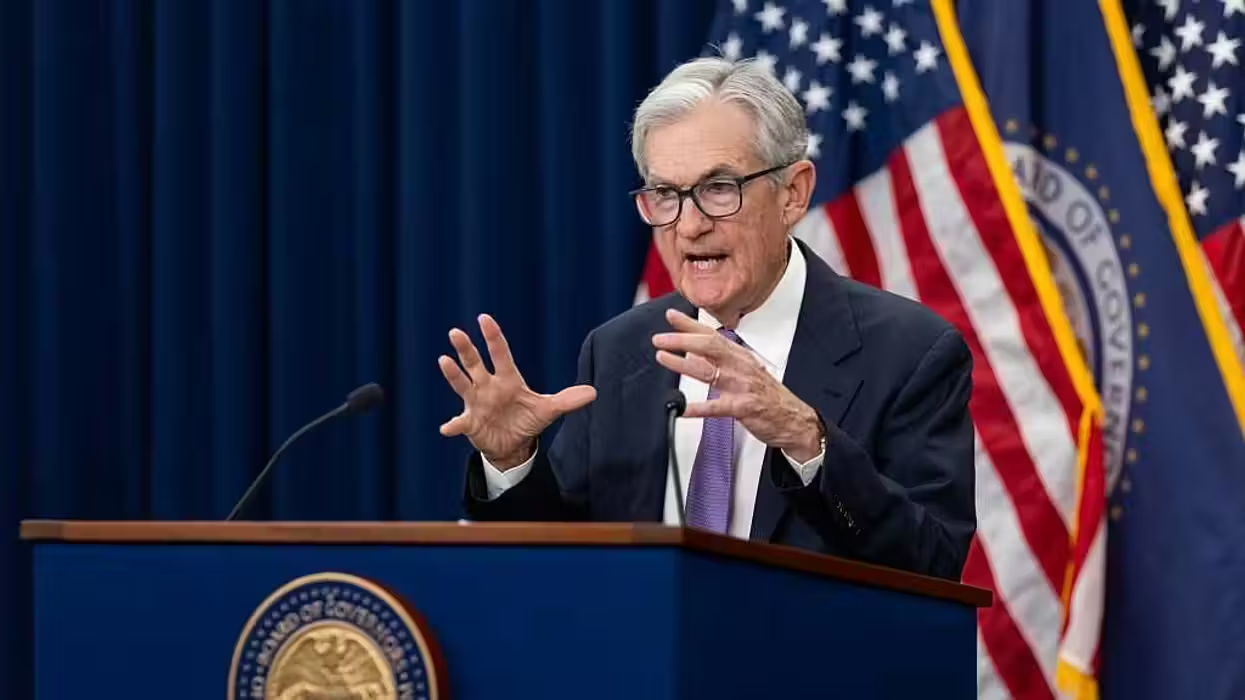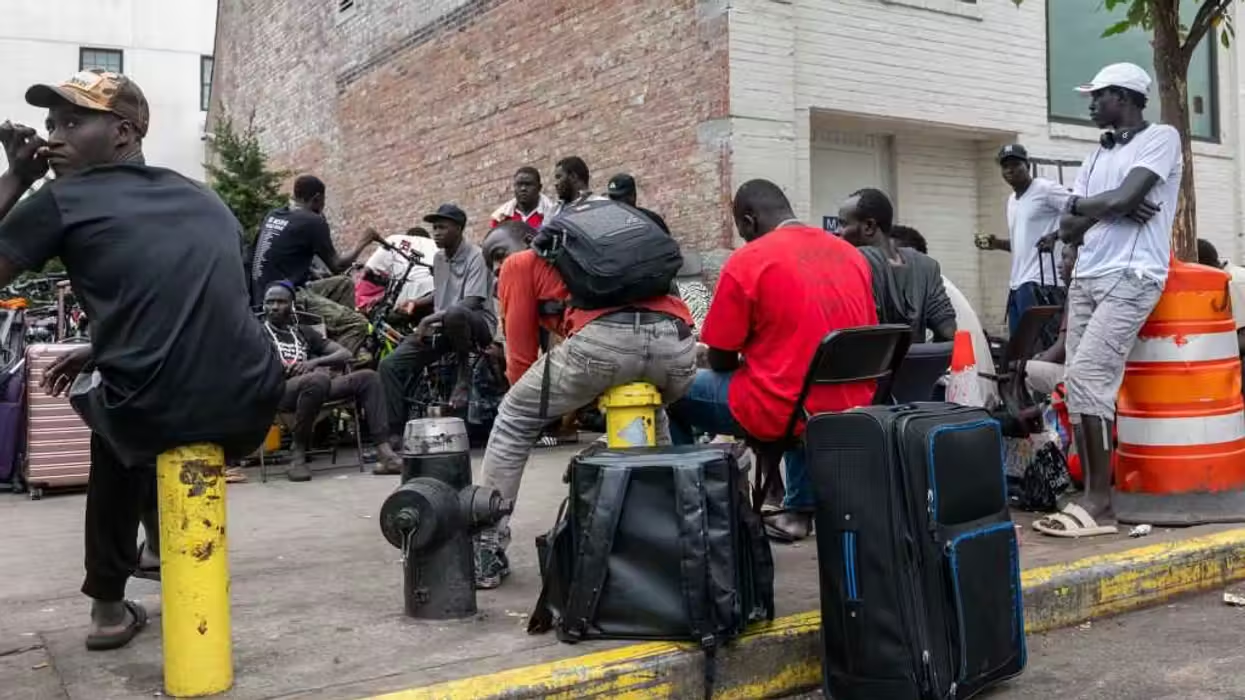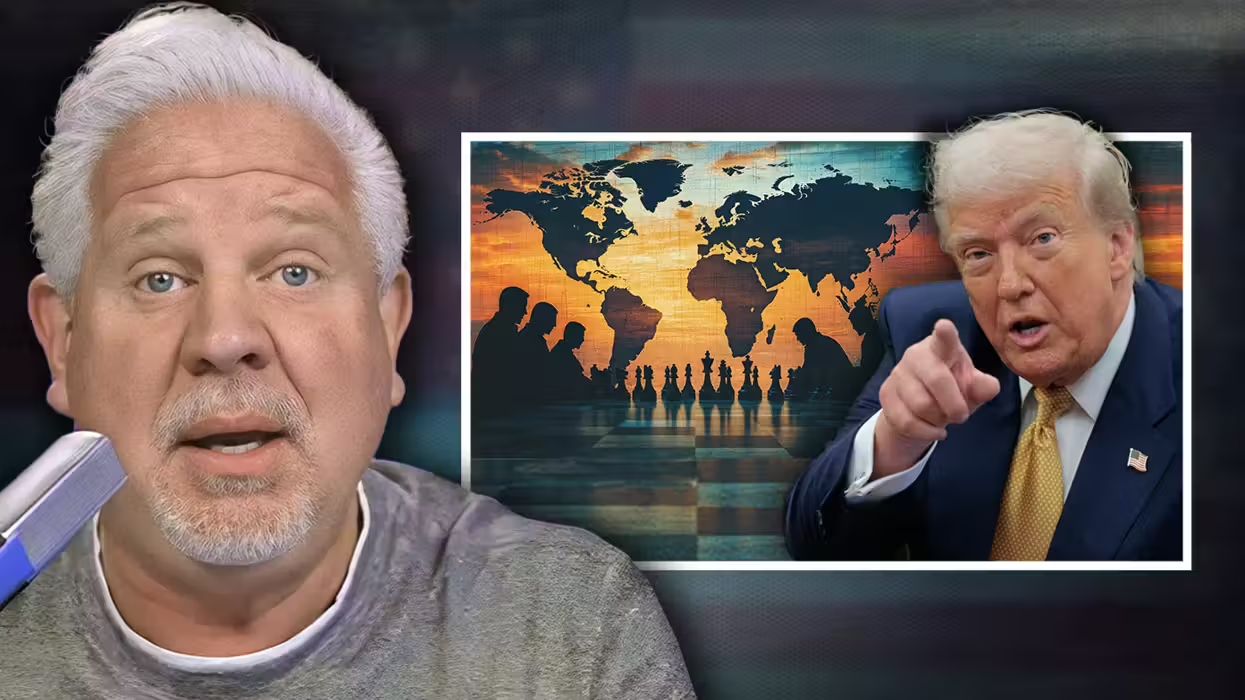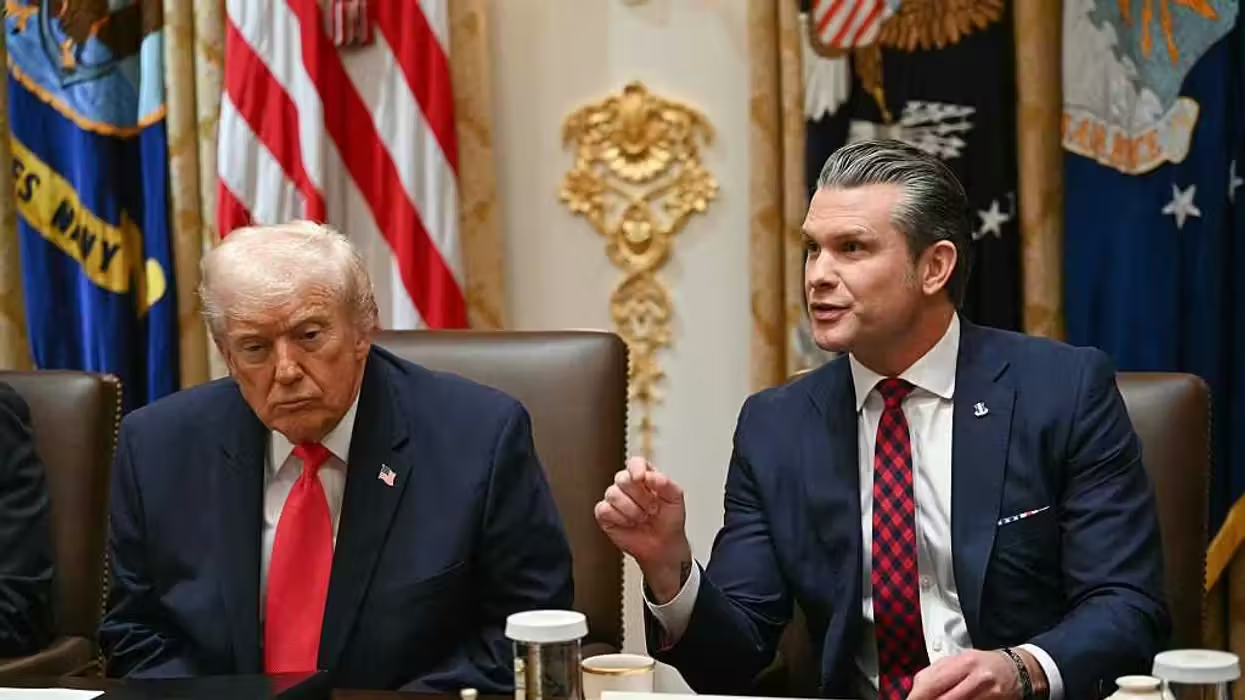The Muslim Brotherhood as well as Al-Nour, Egypt's ultra-conservative Islamist party, rejected the Egyptian government's transition plans and timeline Monday. Following the Egyptian military's coup last week to unseat President Mohammed Morsi, Hazem el-Beblawi was installed as interim Prime Minister and the military has quickly put in place a timetable for parliamentary and presidential elections early next year. A spokesman for the Al-Nour party has told the New York Times that the party plans to suspend participation in efforts to form an interim government after the recent attack on an officers club in Cairo housing many Morsi supporters, which the party has called a "massacare." 51 Morsi supporters were killed in the incident which the military claims was provoked by an armed attack on a Cairo barracks.
Al-Nour was the only Islamist party to support the overthrow of Morsi, and now with their backing for forming the new government off the table, fears have risen if the chaos in Egypt could escalate to point where liberals and the military are pitted against a coalition of political islam. At their core, what kind of outcome do the people of Egypt and the middle east as a whole desire for their government regarding democratic freedom and secularism?
On 'Real News' Tuesday the panel discussed the role political Islam is playing in Egypt right now, and speculated what would become of religious leaders and movements in Middle Eastern countries if their governments became more secular.
The full episode of “Wilkow!” along with many other live streaming shows and thousands of hours of on-demand content is available on just about any digital device. Get it all with a FREE TRIAL.
--
Related Contributions:







